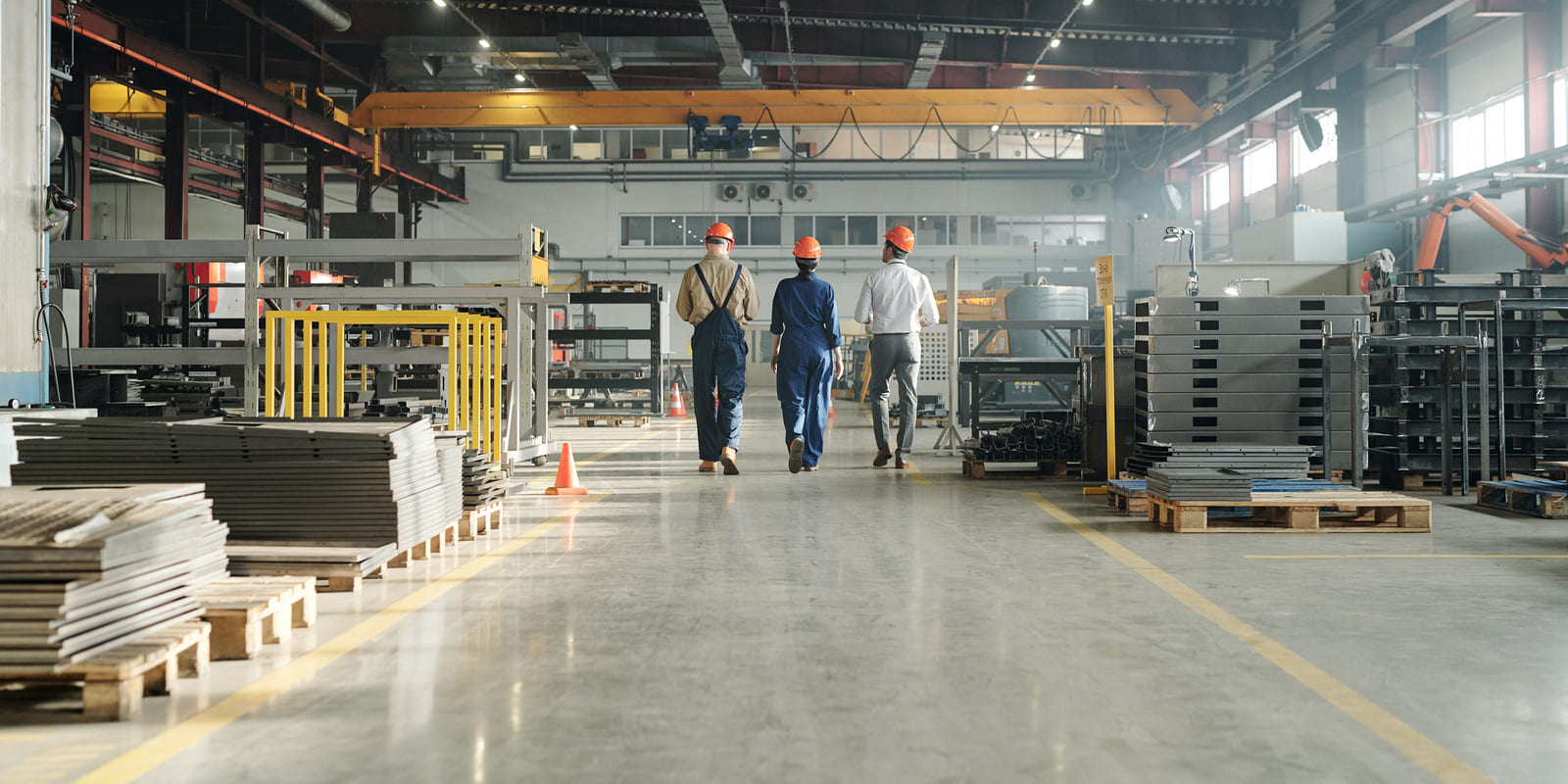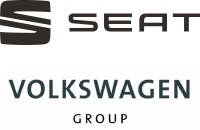“The new plant strengthens Tarragona's position as the benchmark for chemistry in southern Europe”
Andrea Firenze, General Manager of Covestro in Spain
A strong industry is the backbone of the Catalan economy. Top-level talent with Barcelona being a competitive city in Europe in terms of salaries make Catalonia an ideal manufacturing base for food, chemicals, automotive or industrial activities.

With a strong manufacturing industry, Catalonia is the 6th European region in terms of the number of professionals employed in manufacturing activities. The region is home to 629,876 companies, including 35,339 industrial companies, representing 18.1% of the total in Spain.
Accounting for 24.6% of Spain's GDP, Catalonia's economy relies heavily on industry and competes with other leading locations in both Spain and the rest of Europe. In fact, the industry sector makes up 19.8% of Catalonia's GDP, above the national average, with manufacturing and industry-related services contributing to 50% of the global GDP.
The entrepreneurial activity rate in Catalonia is higher than Spain's and similar to that of the European Union, surpassing Sweden, Germany, and Italy.
Catalonia's industry is highly diversified, with the main sectors being chemicals and plastics, food and beverage, motor vehicles, and life sciences.
The region is also the birthplace of many multinationals that have grown to become globally competitive. Catalonia has the most significant number of headquartered companies within Spain, accounting for 18.5% of the total.
From emerging start-ups to established multinationals, companies are drawn to Catalonia, where the manufacturing industry has become a driving force for growth and opportunity.
“The new plant strengthens Tarragona's position as the benchmark for chemistry in southern Europe”
Andrea Firenze, General Manager of Covestro in Spain


SEAT's more than 14,000 employees in Catalonia design, develop, engineer, and manufacture more than 350,000 vehicles annually. SEAT is investing in a new battery assembly plant for electric vehicles in Martorell, which will be operational in 2025.

Nestlé, with its HQ and Global IT Hub in Catalonia, also has a soluble and capsule coffee factory in Girona, coffee roasting facilities in Reus (Tarragona), a water bottling plant in Viladrau, and a pet food plant (Purina) in Castellbisbal.

Louis Vuitton’s over 1,600 employees in Catalonia power five production centers preparing and manufacturing small leather luxury goods and handbags, as well as running warehouses and logistics operations for southern Europe.

Coty has one of the group's main production plants in Catalonia and its global center of excellence with 14 fragrance manufacturing lines for export to 150 countries.

Siemens plant in Cornellà produces train components such as traction motors, converters, and signaling components. Over the years, they have digitalized their operations and production processes to become a 4.0 factory.

Not only does Alstom's plant in Barcelona produce Europe’s most advanced trains while also manufacturing a wide range of other vehicles (from trams to high speed trains), it additionally operates a R&D center in railway maintenance.

With over 1,100 employees, AkzoNobel has 3 production plants in Catalonia for high-quality paints and coatings. It also has its EMEA Planning Hub here to centralize the running of its over 30 paint production plants and 125 European stores.

Novartis’ 1,360 workers and 3 production centers in Catalonia develop the complete drug production cycle, from raw materials to the finished product.

With a workforce of over 500 people, Covestro has 4 production centers located in Barcelona, Tarragona, Parets del Vallès, and Santa Margarida i Els Monjos, where polymers are manufactured for coatings and adhesives.

In Catalonia, Ficosa/Panasonic manufactures advanced vision, security, connectivity and efficiency electronic systems for the mobility sector with 2 plants. Its Technology Center in electronic and tech excellence here powers the Group’s R&D.

Florette's production center in Terres de l'Ebre satisfies the demand for fresh, clean, cut, and packaged vegetables in the Mediterranean area, employing 130 people.

North American company Elian, a subsidiary of Viserion Group, acquired Cargill's soy processing factory in the Port of Barcelona. It retained all 65 employees and adapted the plant to produce alternative protein from soy.